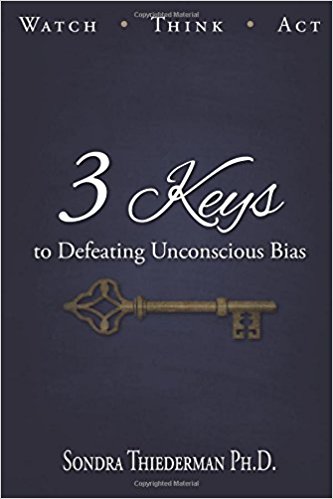Since lesbian and gay individuals face discrimination from health care providers, they asked for research on providers’ attitudes. Medical school is viewed as a critical juncture for improving future providers’ treatment of sexual minorities; therefore, this study examines implicit and explicit bias against lesbian women and gay men among first-year medical students, focusing on two predictors of such bias, contact and empathy.
 Loading...
Loading...
Citation (Chicago):
Burke, Sara E., MPhil, Diana J. Burgess, PhD, John F. Dovidio, PhD, Rachel R. Hardeman, PhD, MPH, David B. Nelson, PhD, Sylvia P. Perry, PhD, Sean M. Phelan, PhD, Julia M. Przedworski, MPH, Michelle van Ryn, PhD, MPH, Mark W. Yeazel, MD, MPH. “Do Contact and Empathy Mitigate Bias Against Gay and Lesbian People Amon Heterosexual First-Year Medical Students? A Report from the Medical Student CHANGE Study.” Academic Medicine, Vol. 90, No. 5. May 2015.

